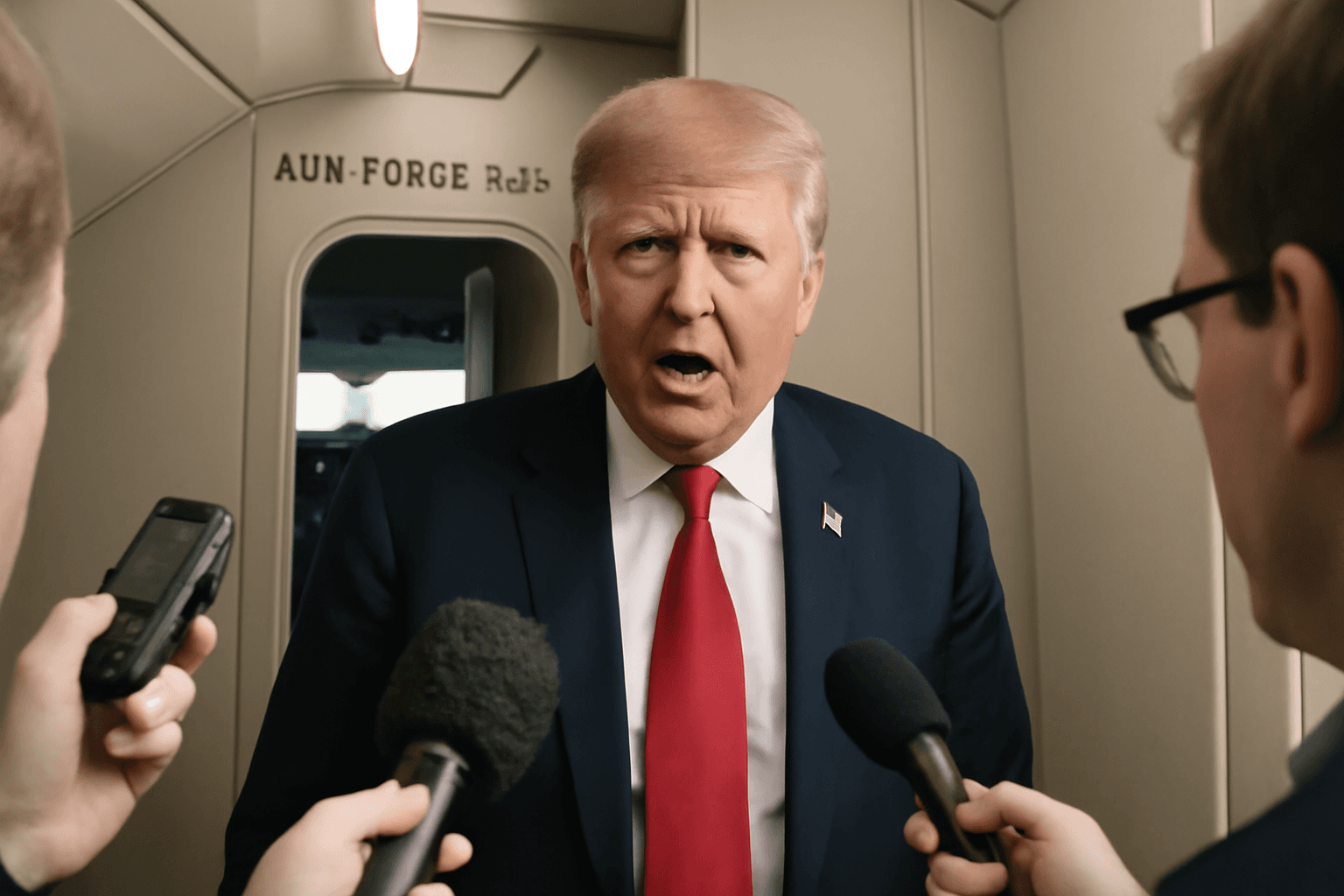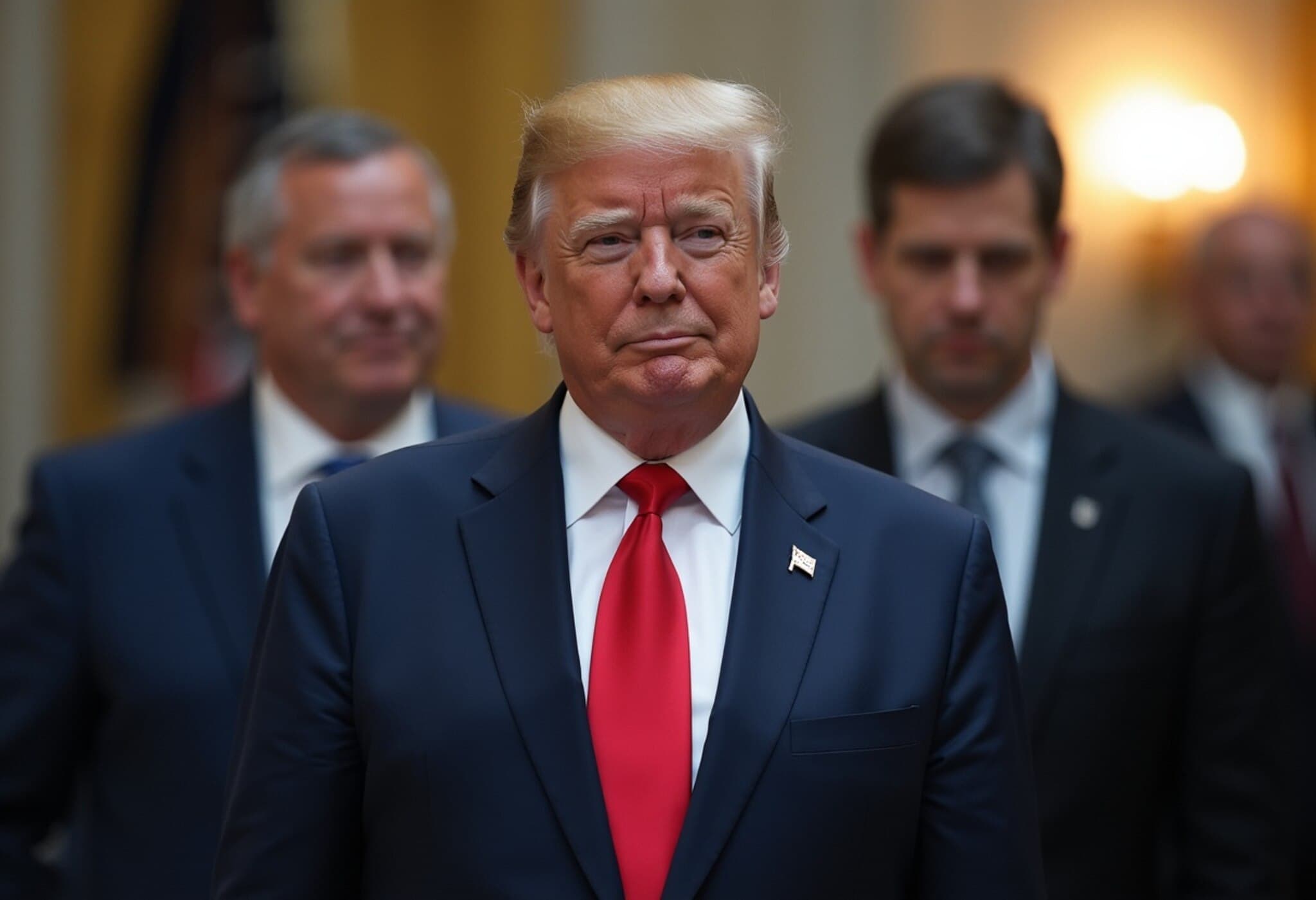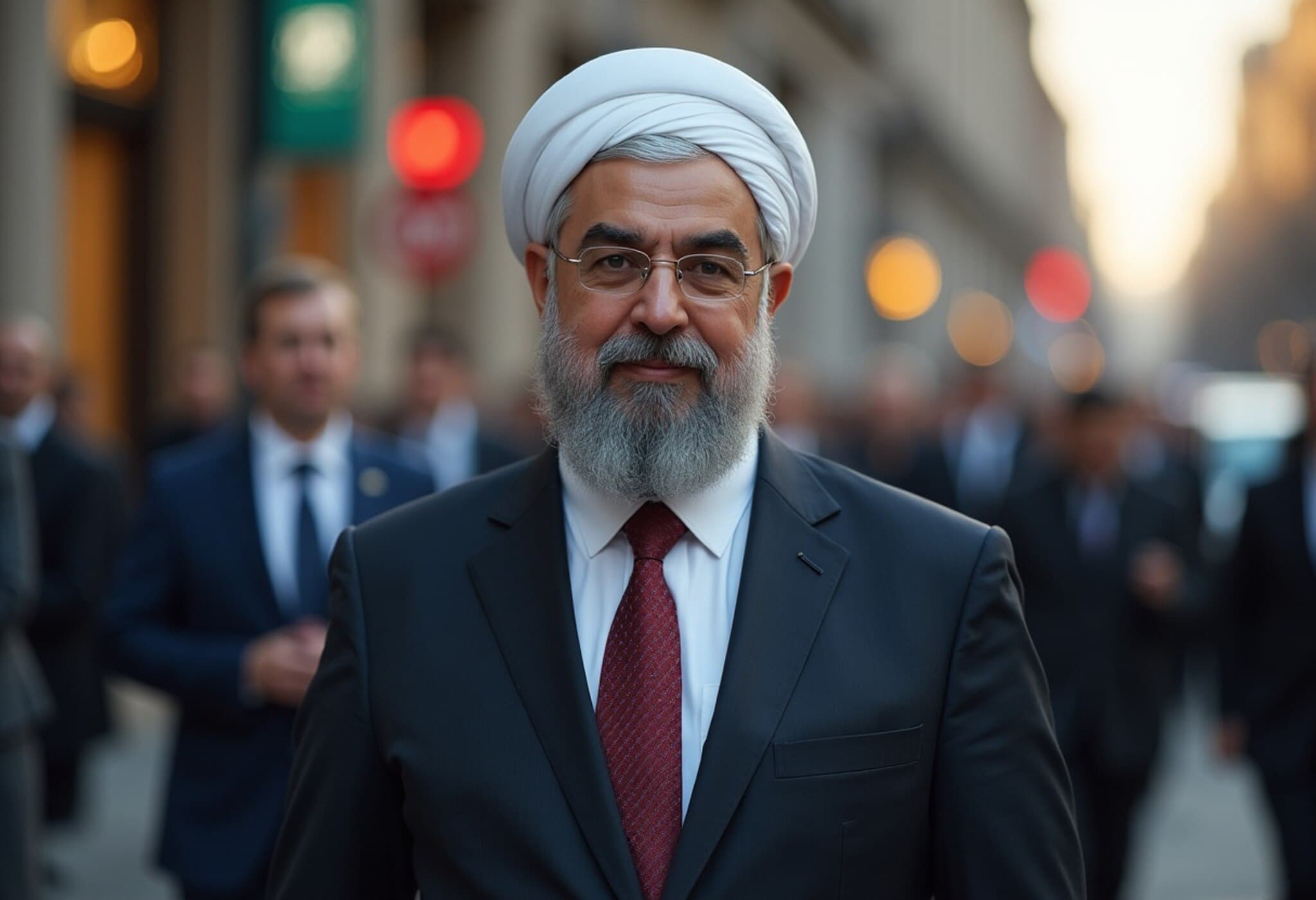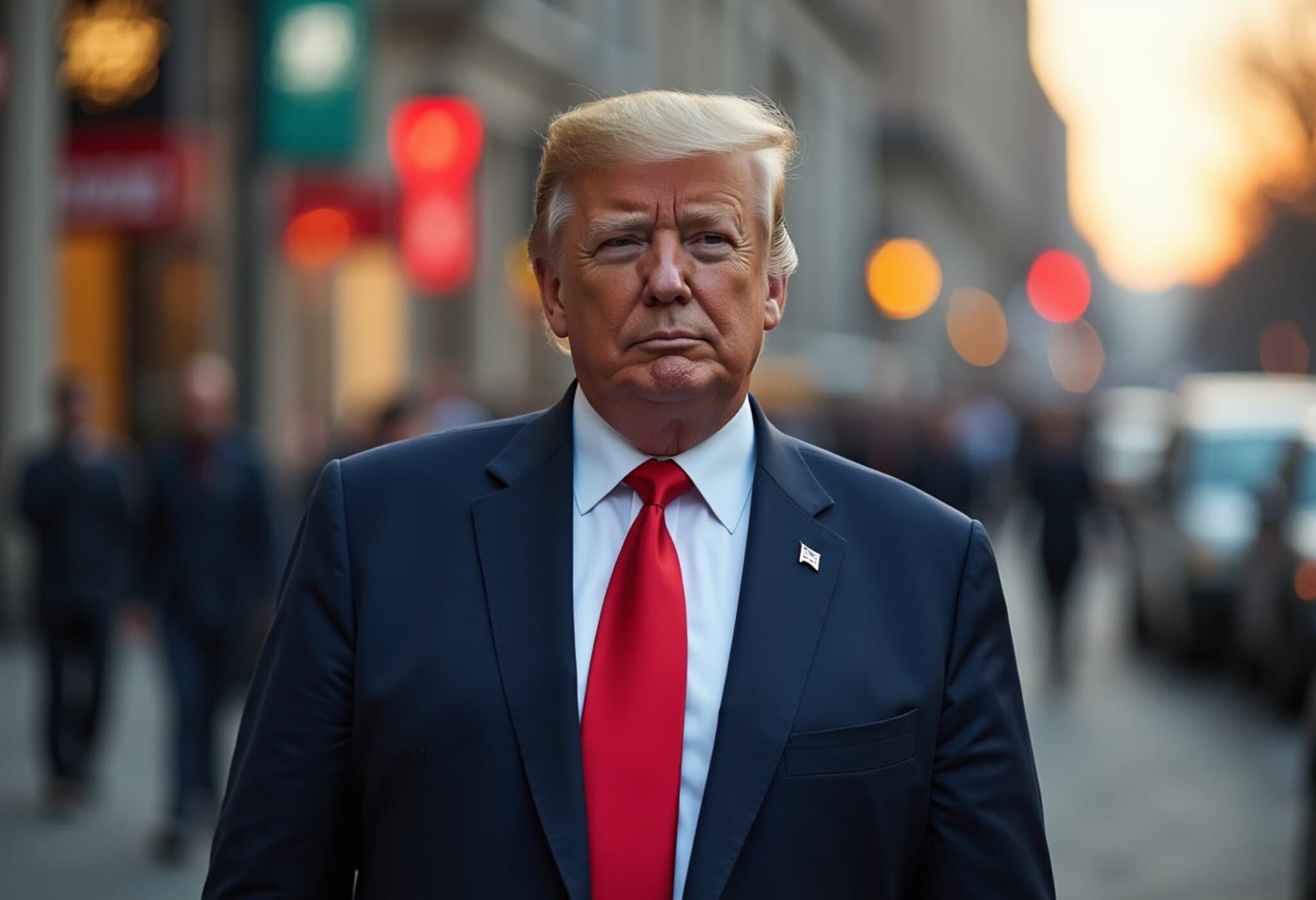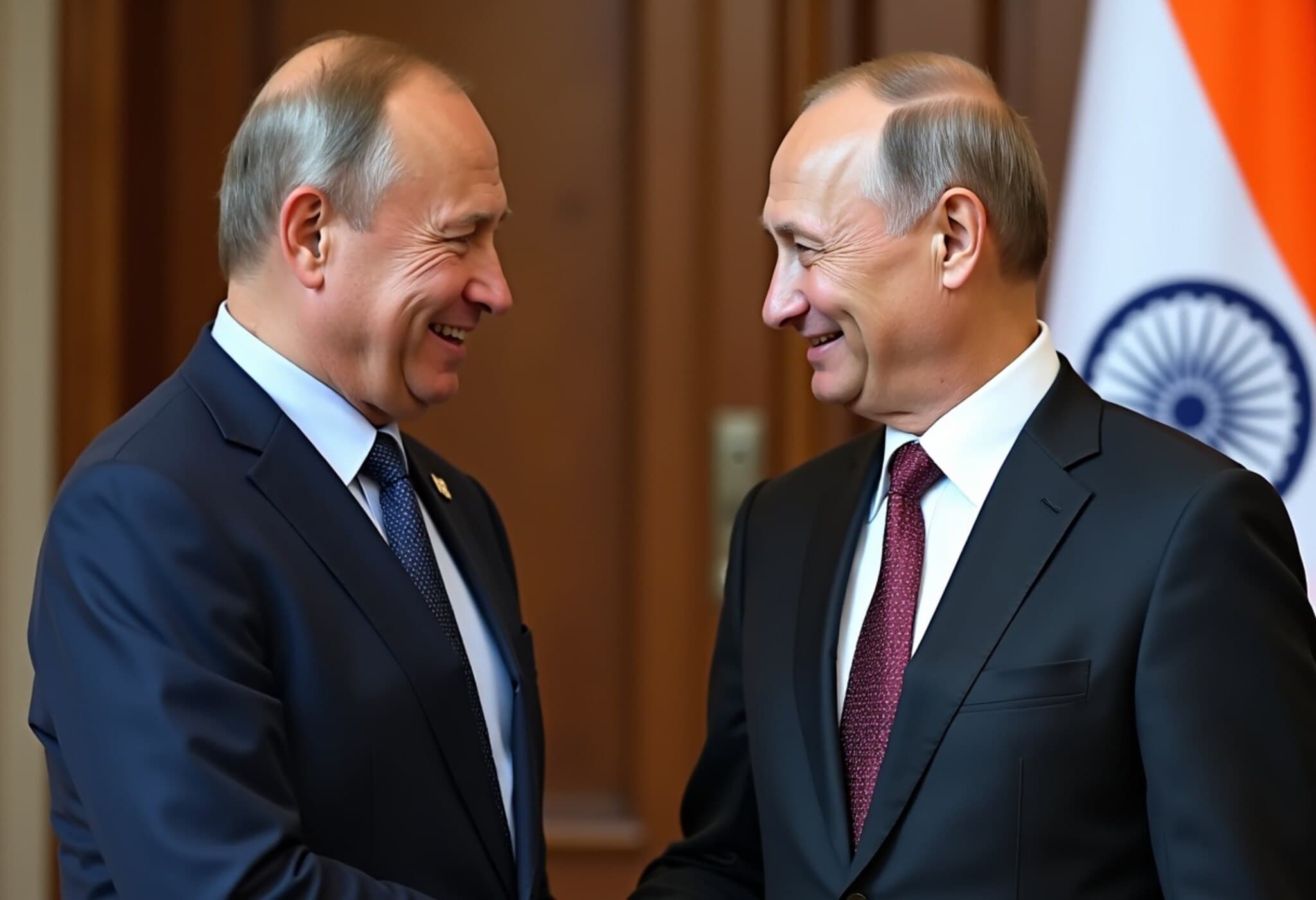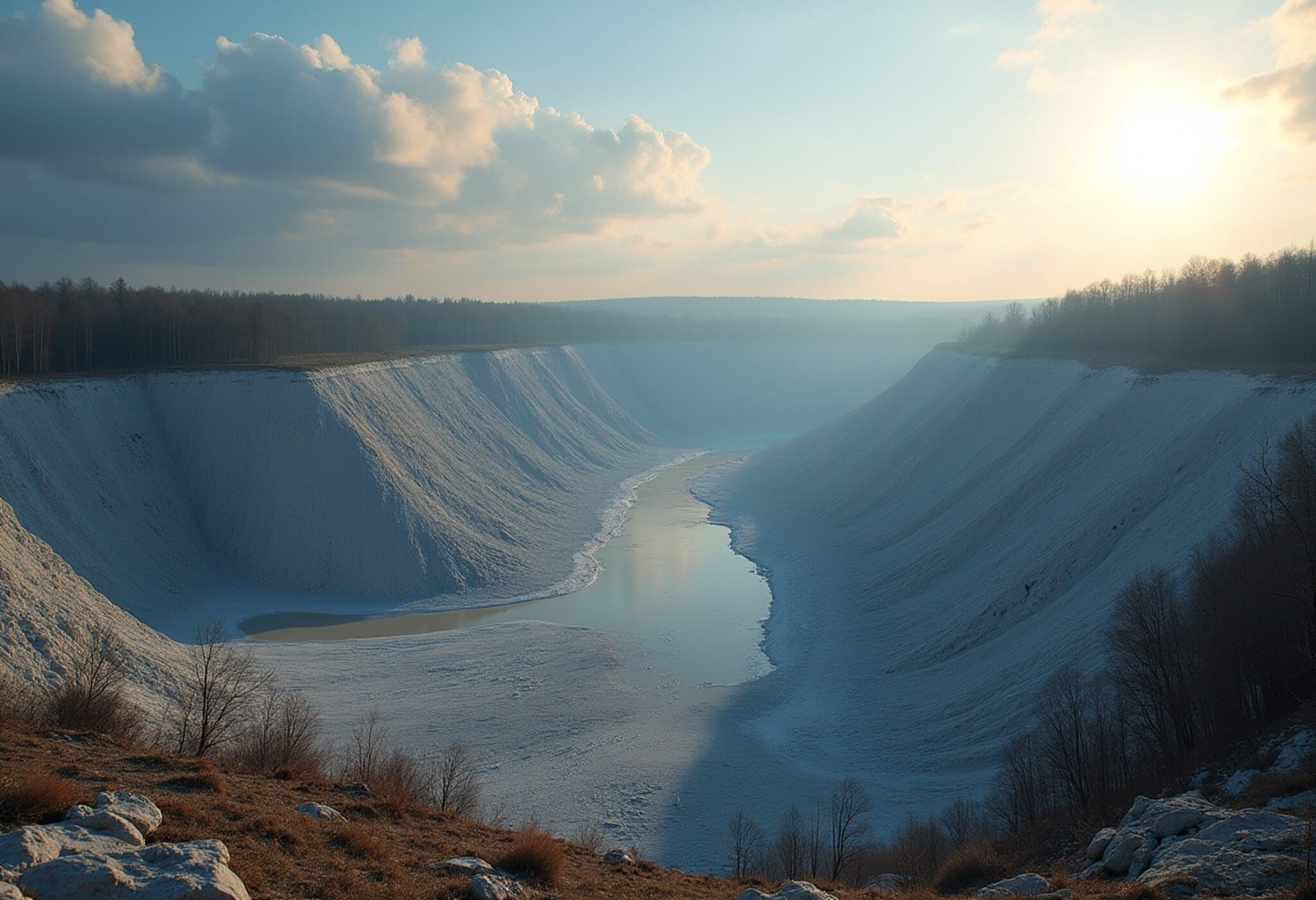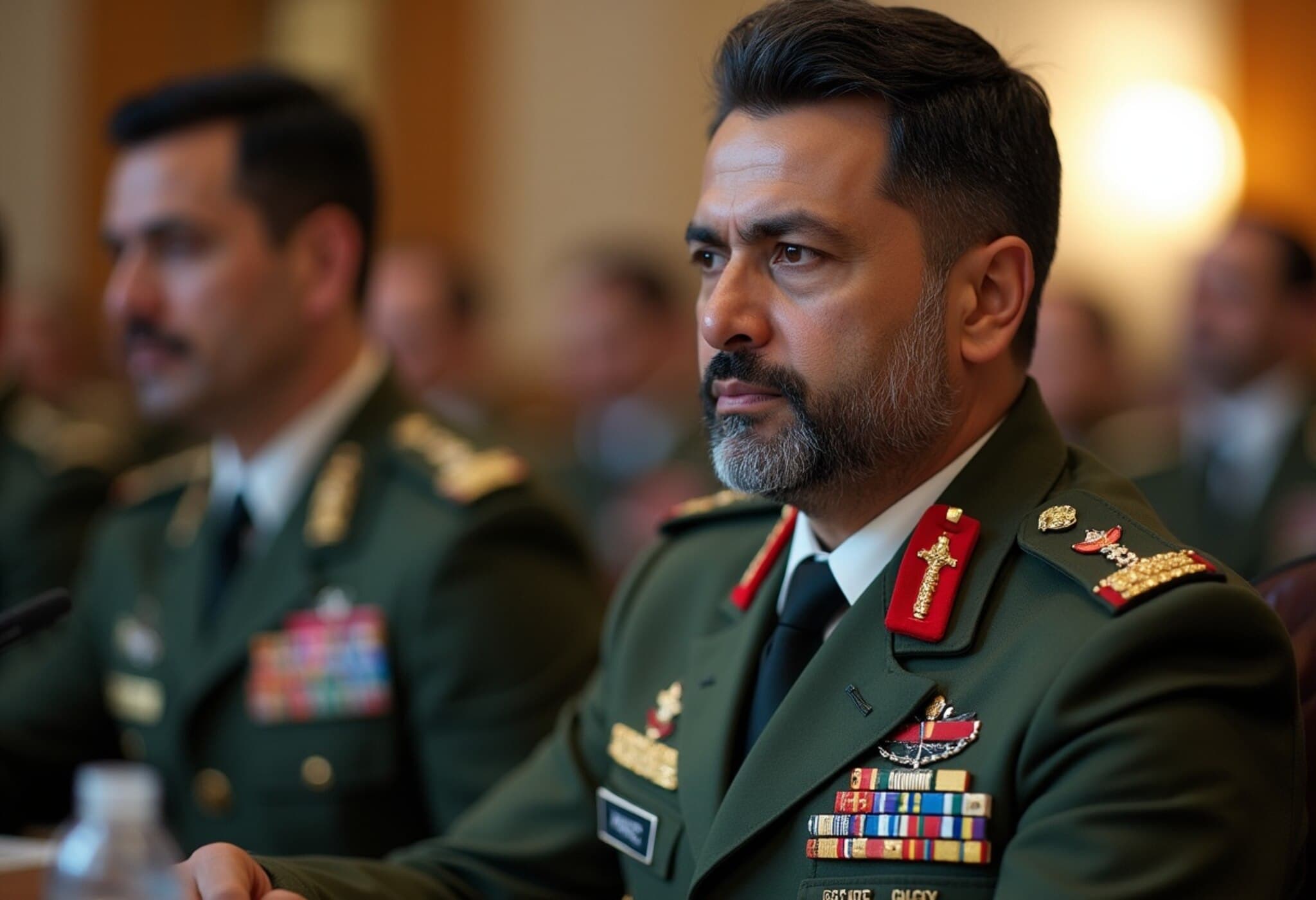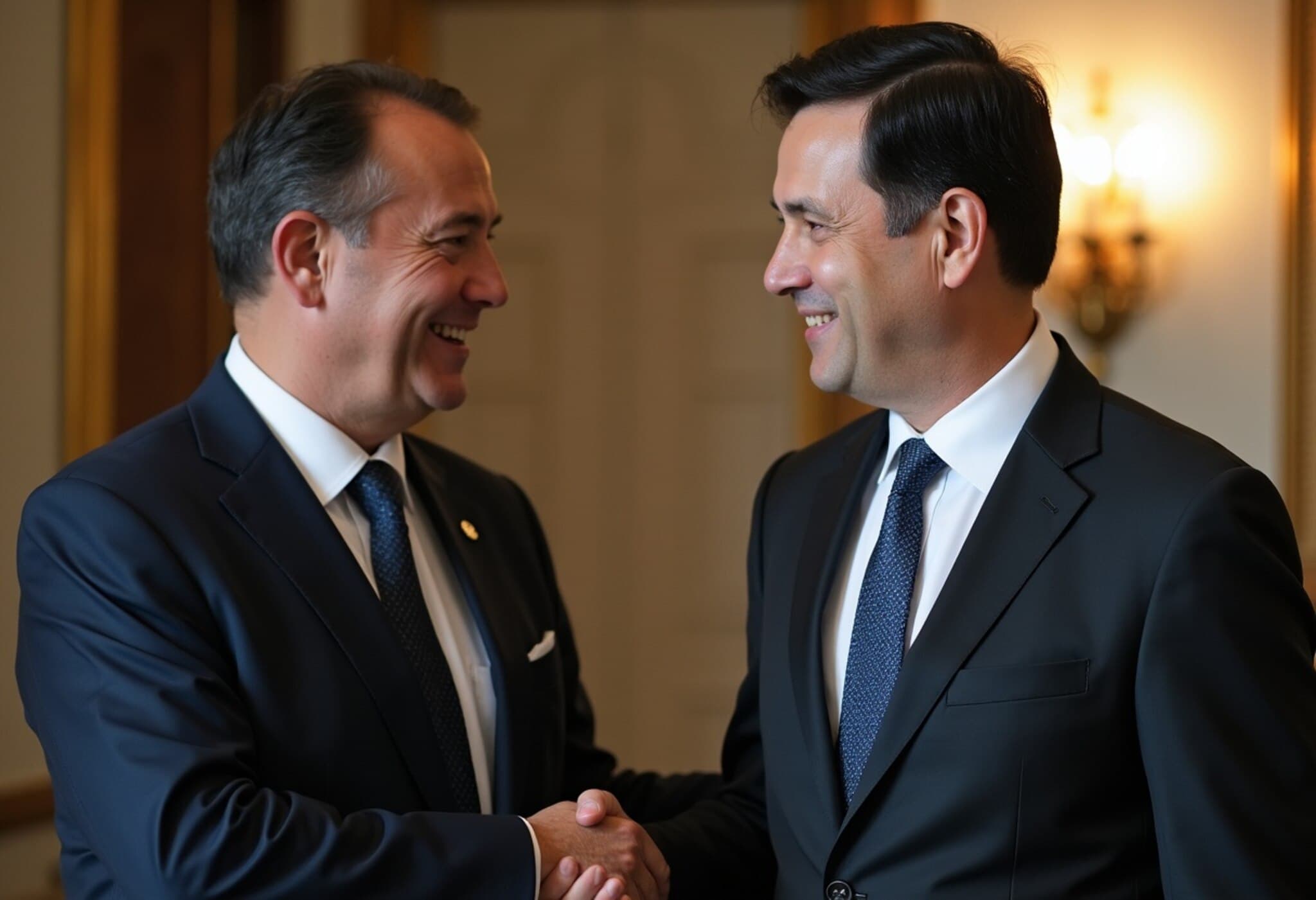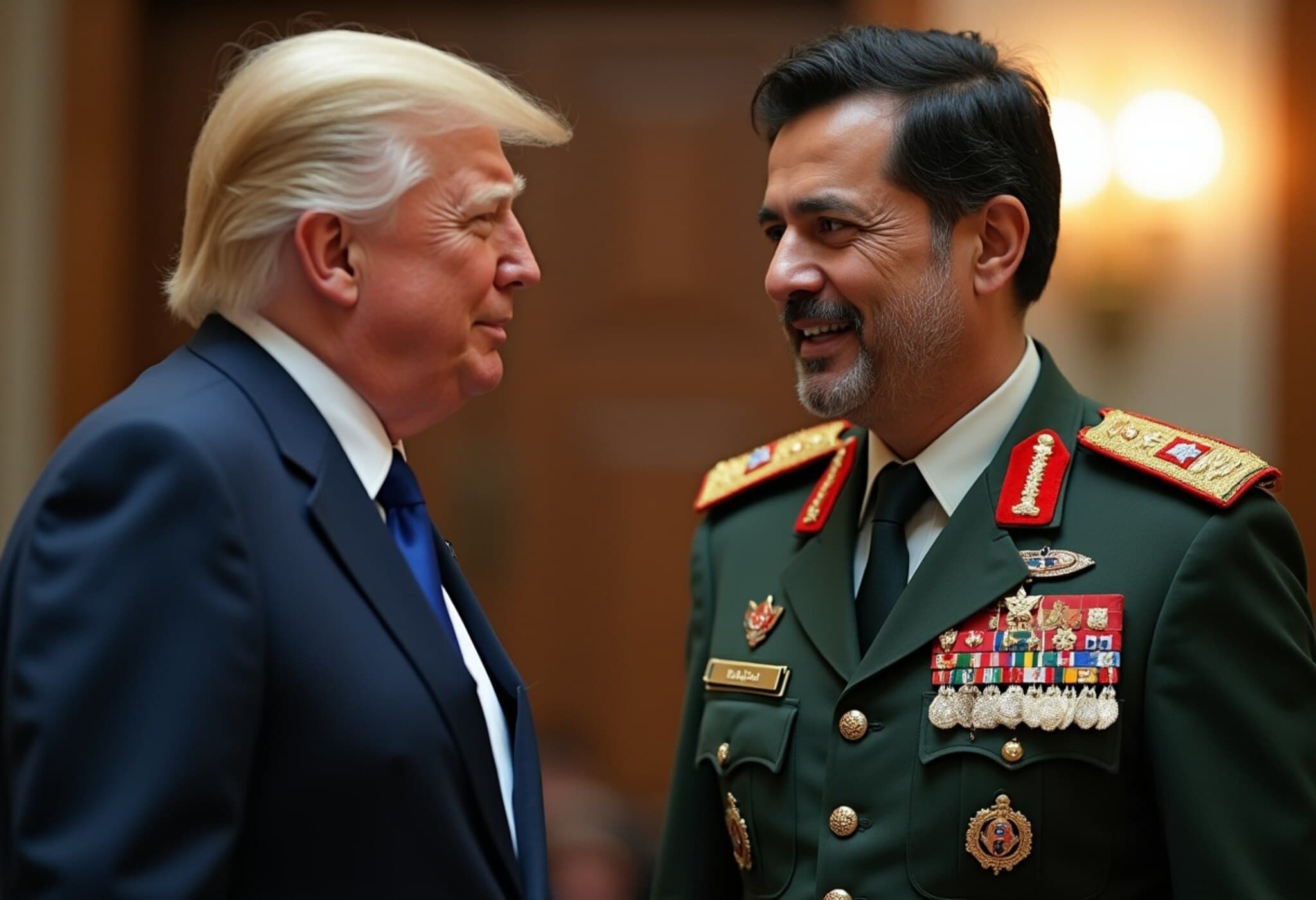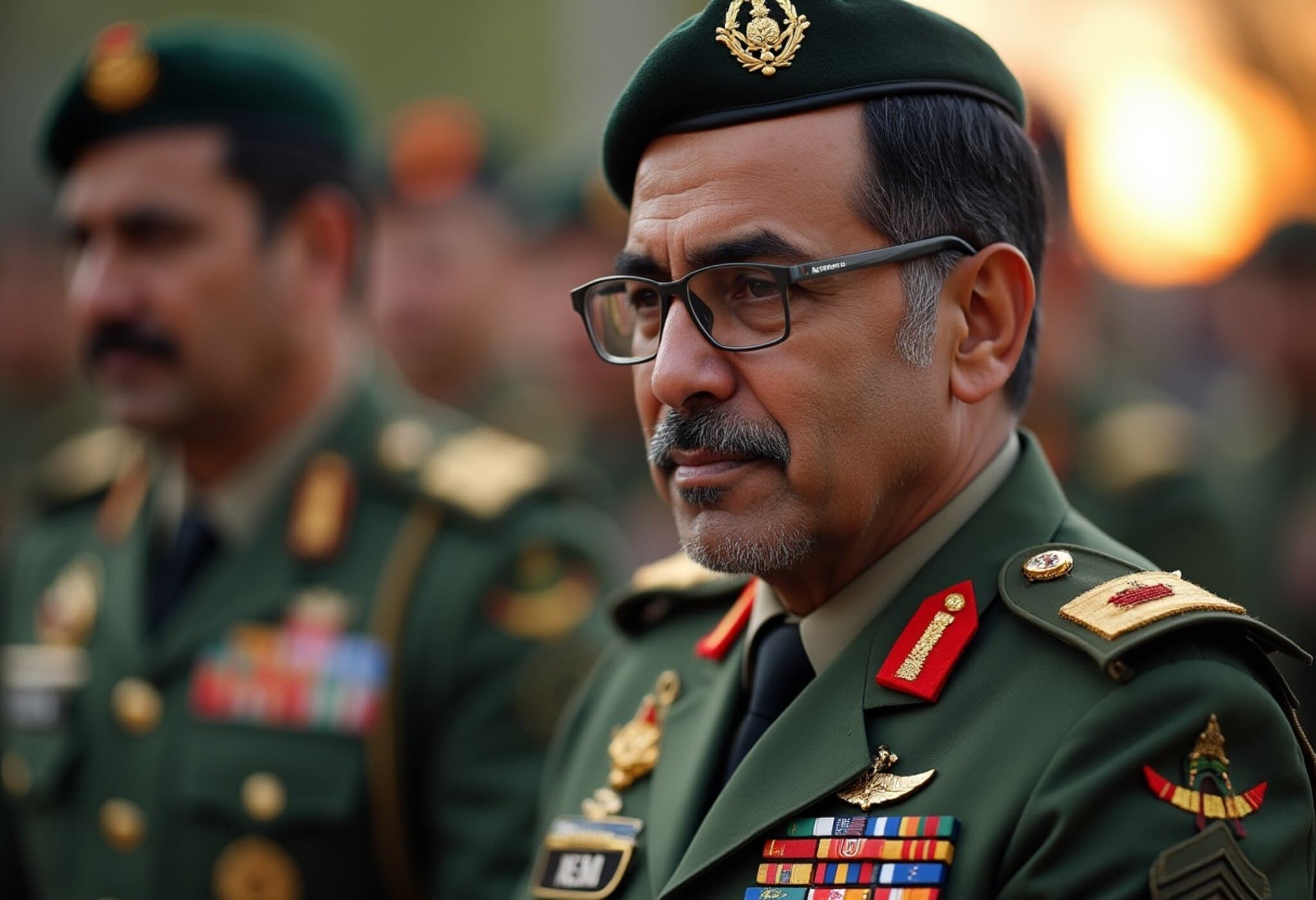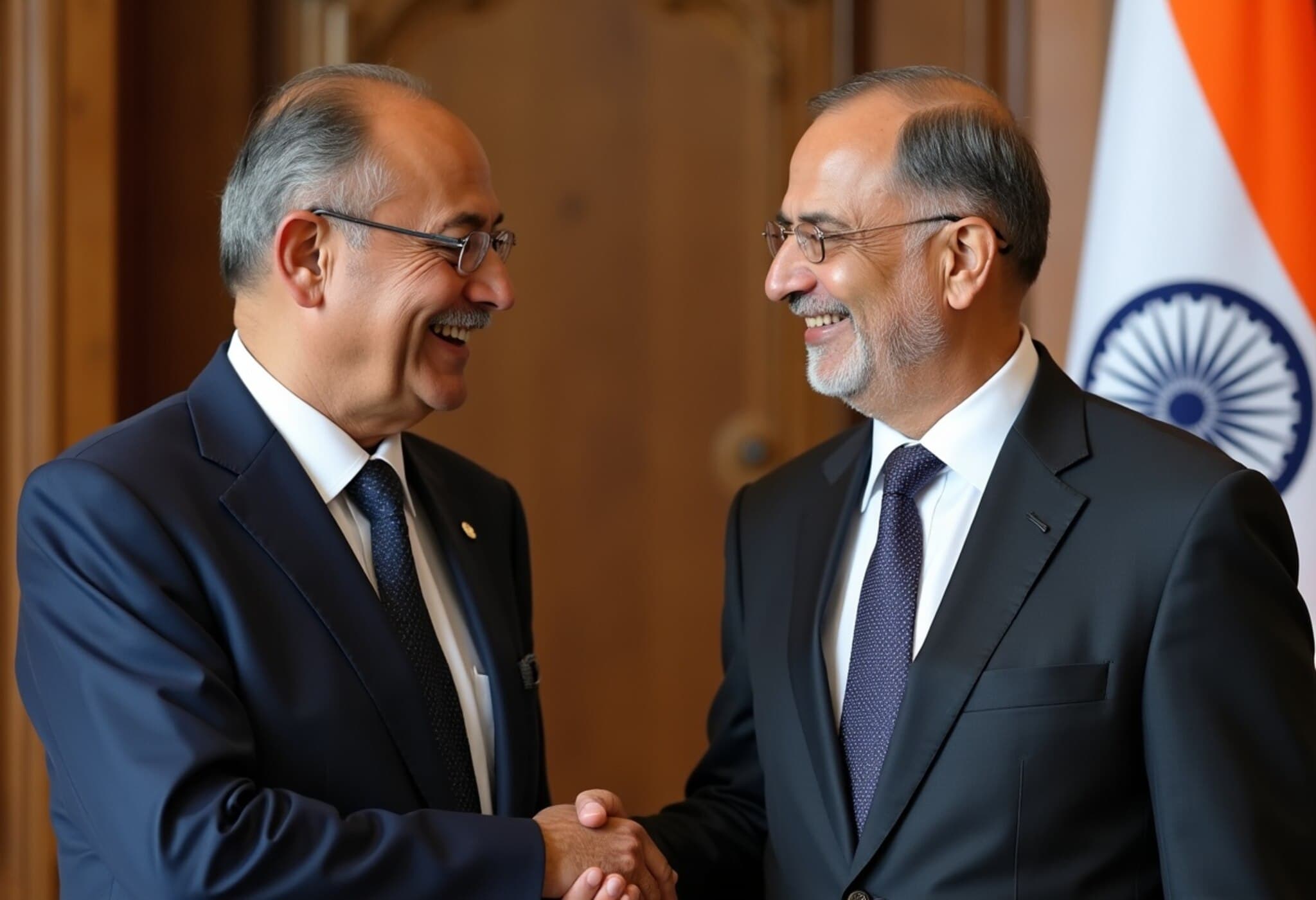Baloch Leader Challenges Trump Administration Over Pakistan Oil Agreement
In a striking development amidst U.S.-Pakistan energy diplomacy, prominent Baloch nationalist Mir Yar Baloch has directly addressed U.S. President Donald Trump through an open letter, cautioning that his administration may have been misled regarding the ownership of Pakistan’s touted oil and mineral wealth.
The Crux of the Dispute: Resource Ownership Between Balochistan and Pakistan
Mir Yar Baloch emphasized that the vast reserves of oil, natural gas, copper, lithium, uranium, and rare earth minerals commonly attributed to Pakistan are, in fact, located in the territory of Balochistan—a region whose leaders assert as a historically sovereign republic under what they call “illegal occupation” by Pakistan.
“The resources hailed as Pakistan’s belong to the Republic of Balochistan,” Mir Yar Baloch stated, underscoring that the Pakistani military and government have deliberately appropriated these assets for political leverage and economic gain. He criticized General Asim Munir and Pakistani diplomatic channels for allegedly providing misleading information to the Trump White House.
Strategic Risks Highlighted: Concerns About ISI and Regional Stability
The letter did not stop at clarifying ownership; it carried a stark warning. Mir Yar Baloch expressed deep concerns about the Pakistan military’s control over these valuable resources, particularly the feared empowerment of Pakistan’s Inter-Services Intelligence (ISI), which he describes as “radicalized” and involved in sponsoring militant groups hostile to U.S. interests.
According to Baloch, allowing Islamabad unfettered access to Balochistan’s resource wealth could dramatically enhance the ISI’s financial and operational capabilities, potentially intensifying global terrorism threats. His analogy invoked haunting memories of 9/11, warning that such empowerment might enable large-scale attacks on a dangerous scale.
Context: The Recent US-Pakistan Energy Deal Announcement
This cautionary letter comes days after President Trump announced on his social media platform, Truth Social, that the U.S. and Pakistan had finalized a deal to develop Pakistan’s extensive oil reserves.
“We have just concluded a Deal with the Country of Pakistan, whereby Pakistan and the United States will work together on developing their massive Oil Reserves. We are in the process of choosing the Oil Company that will lead this Partnership. Who knows, maybe they’ll be selling Oil to India some day!”
Trump’s optimistic tone about future energy cooperation contrasts sharply with the Baloch leader’s gravely cautionary message. While the former focuses on economic and strategic partnership, the latter brings to light the risks of overlooking regional autonomy disputes and the associated security implications.
Underreported Narratives and Implications for U.S. Policy
This situation spotlights a complex and often underreported issue: the deep-seated conflicts over resource rights within Pakistan’s borders, particularly the disenfranchisement felt by the Baloch people. For U.S. policymakers, the revelation raises several critical questions:
- Are American officials fully aware of internal regional claims and sovereignty disputes when negotiating resource deals?
- What mechanisms are in place to ensure that economic engagements do not reinforce oppressive political or military regimes?
- How might empowering Pakistan’s military and intelligence services through resource development exacerbate regional instability or threaten U.S. security interests abroad?
Expert Perspective: Navigating Resource Diplomacy Amid Regional Conflicts
Experts in South Asian geopolitics advise that while resource development presents economic opportunities, diplomatic efforts must equally prioritize inclusivity and respect for local autonomy. Ignoring these dynamics risks fueling insurgencies, regional instability, and humanitarian crises that could undermine long-term strategic goals.
Furthermore, the U.S.'s broader approach to Pakistan involves balancing counterterrorism goals, regional power dynamics including India-China competition, and human rights concerns—making such disagreements over natural resources an integral part of the foreign policy calculus.
Editor’s Note
This episode underscores the intricate intersection of energy diplomacy, regional sovereignty disputes, and security considerations in South Asia. As the U.S. pursues partnerships to secure energy resources, it must also grapple with local nationalist movements and opaque military influences that complicate straightforward agreements.
For readers: How should international players engage in resource-rich but geopolitically complex regions? What safeguards can prevent economic deals from reinforcing oppressive regimes or aggravating conflict? The unfolding developments in Balochistan invite a deeper examination of these pressing questions.


